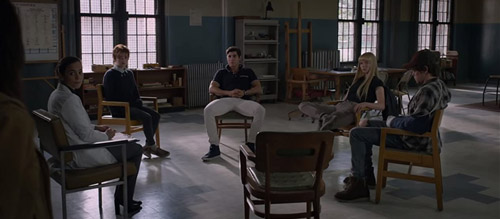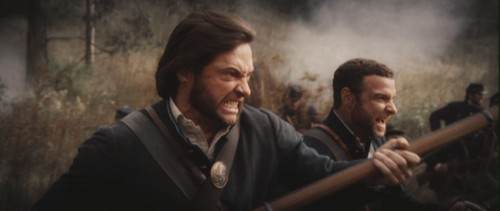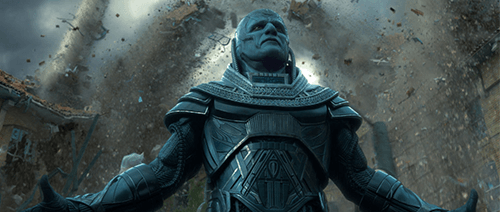Every X-Men Movie Ranked
In many respects, the X-Men franchise spawned the age of the superhero movie, its birth signalling a shift from one-off action blockbusters (and a few 3-4 film franchises) to universes filled with vast arrays of intellectual property that could be auctioned off across a multitude of platforms. In the year 2000, when the first X-Men movie was released, developing CGI was able to bring characters to life who had previously been confined to the pages of comic books, and with the send-off of perhaps the most beloved of all of these characters, Wolverine, in Logan (2017), and the franchise as we know it in 2019’s Dark Phoenix and subsequent spin-off The New Mutants (2020), now seems like the perfect time to take a look back on the X-Men franchise and reminisce over its 13 movies from 9 different directors across the past 20 years.
That’s why, in this edition of Ranked, each of the X-Men franchise’s live-action film releases shall be ranked from worst to best.
Have an opinion? Make sure to leave a comment at the end of the article.
13. The New Mutants (2020)
The New Mutants Review
We waited so long to see Josh Boone’s gestated horror-inspired X-Men spin-off that it seemed just about anything would do. With an exciting cast and an enticing premise borrowed from an interesting and unique novel, and expectations at rock bottom given the franchise’s drop in quality as well as the many production, marketing and release issues that this film faced, expectations were low but hopeful of a take on the X-Men Universe that would at least offer something different. Yet, The New Mutants still managed to under-deliver on what were very low expectations. Primarily, the film suffered from not quite knowing what it wanted to be, wanted to achieve or which genre/s it wanted to be a part of, and its poisonous mix of eye-rolling dialogue and dreadful performances (Anya Taylor-Joy aside) only highlighted everything wrong with this particular release – at least in the other bad X-Men movies there are performances or moments of a relatively high standard. Despite a serviceable final act, The New Mutants sent the X-Men Universe into the abyss with a whimper, its only positives coming per its pre-existing material, with the filmmaking being the very worst of the series.
Follow us on Twitter @thefilmagazine.
12. X-Men Origins: Wolverine (2009)
Gavin Hood’s 2009 contribution to the X-Men franchise may have done a much better job of presenting Sabretooth as a viable threat than the original movies did, but the manner in which the film put across legendary Marvel/X-Men characters Gambit and Deadpool left a lot to be desired and a whole heap of people pissed off. Perhaps the most shambolic mistake this movie made was centring the main emotional story arc of Logan/Wolverine around the mythology of Wolves, which are entirely different creatures from Wolverines (which are more like small bears than angry Dogs). It’s not that this movie didn’t have its moments, but it felt so much like a child’s claymation project – that being a piece of art that took so many forms in the course of its development that the mish-mash quality of the final product just wasn’t up to scratch. It was so poorly received critically that Fox cancelled their plans to make the ‘Origins’ spin-off title an entire franchise that would explore some of the X-Men’s most beloved characters, and while some of these characters have been explored since, the issues this movie had remain vital to the progression of the long-gestated Gambit standalone.
11. X-Men: Apocalypse (2016)
Apocalypse has too many characters, most of whom are completely neglected in terms of dialog or development, with Olivia Munn’s Psylocke being perhaps the most obvious example. As far as the plot goes, there were holes so large it seemed you could fit entire pyramids through them. What’s more is that some of the characterisations entirely missed the mark – think about Magneto destroying half the planet in a magnetic fit of rage and compare it to his struggles at finding the good and bad within himself in X-Men: First Class, or even his methods of destruction in X-Men or X2. Perhaps most shockingly, Apocalypse himself was a walking contradiction whose infinite powers were never explained properly. Unfortunately, this birthed probably the only bad Oscar Isaac performance of the past five or six years, too, which seems quite the achievement given his astronomical talent.





Yo, don’t drag in spiderman 3 hate (x-men last stand was absolute shit tho)
So happy about deadpool